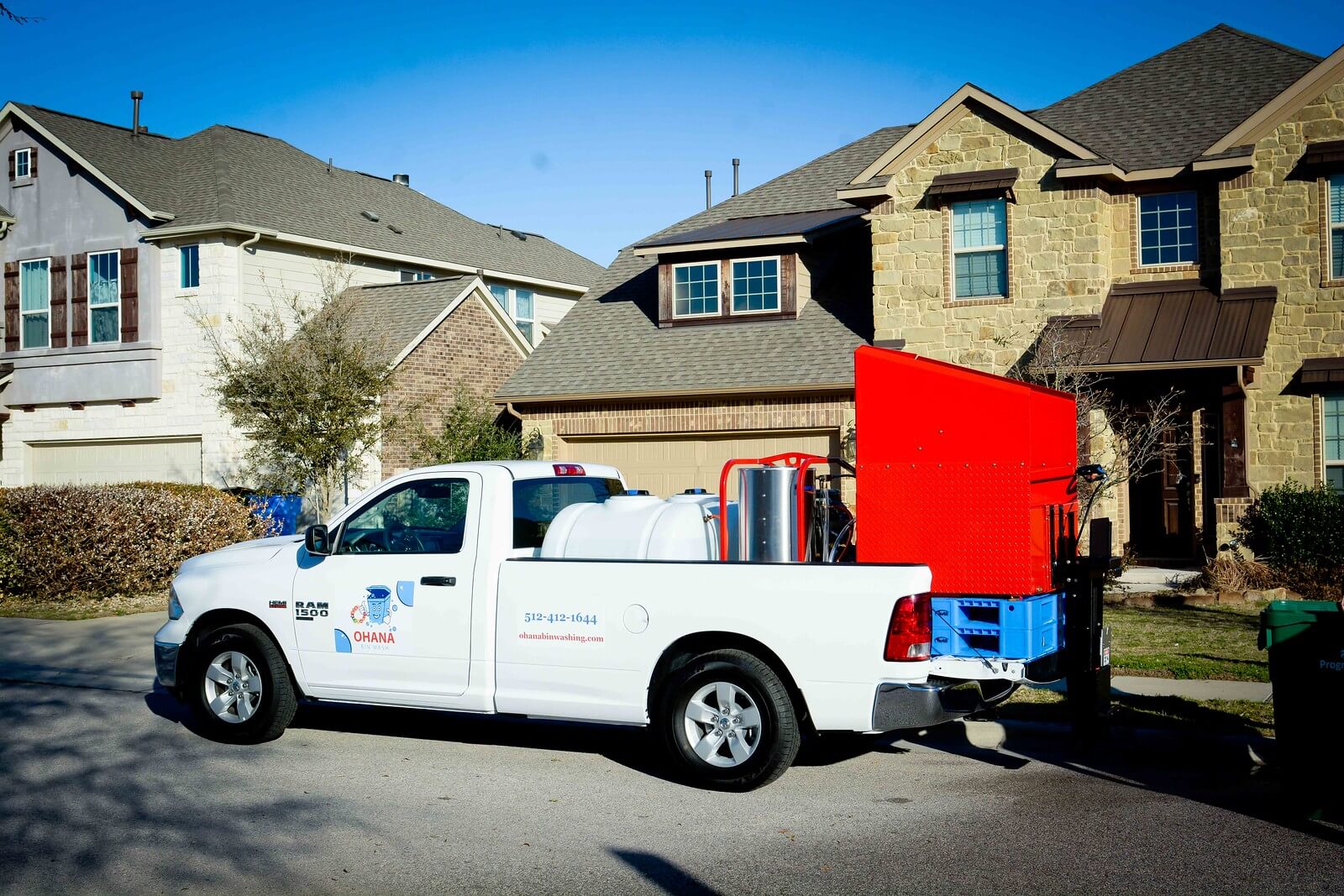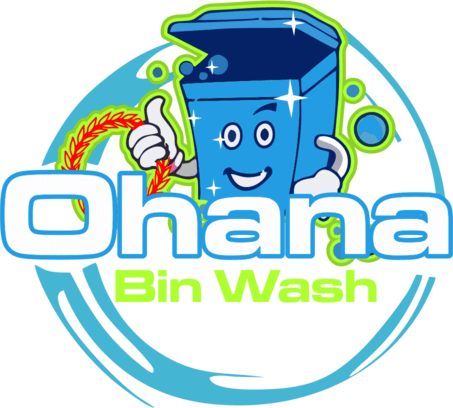These Rodents & Germs Could Be in Your Dirty Trash Bins
Forgetting to keep your trash bins clean poses more potential harm than just a bad smell. The aromas given off by waste remnants are powerful enough to attract a list of “trash animals” that sneak onto your property to feed on yesterday’s leftovers. More importantly, the bacteria, viruses, and unnerving arrival of maggots are more likely to threaten your household given your trash bins aren’t washed on a semi-daily basis. Read on for some animals and bacteria that can continue to attack your garbage cans, given you don’t seek out professional help from a vetted trash bin cleaning service.
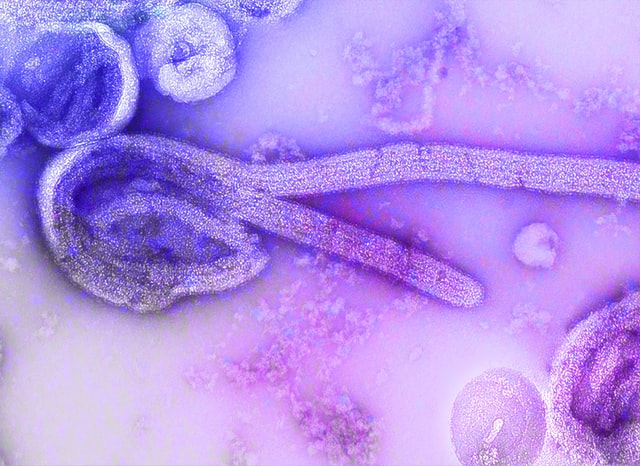
Dirty Trash Bins Are Welcome Mats for Rodents
Vast amounts of food waste is a global issue, and especially common in the U.S. However, uneaten meals pose more issues than simple wastefulness – for a handful of wild animals, this waste is how they survive. Trash bins offer plentiful sources of food for wandering animals with empty stomachs, such as raccoons and skunks. The bandit-esque appearance of raccoons is quite fitting, considering they’ll rummage through your food waste given the chance. Raccoon crime scenes are typically easy to spot by the mess of scattered garbage that they tend to leave behind. Usually, these mammals will find their way to your trash by scaling walls, poles, and trees and intruding from above. Skunks can also be expected given your trash bins aren’t sufficiently clean. These critters will leave knocked-over bins and claw marks on trash can lids. You’ll know whether a skunk is mooching off your leftovers by these marks, as well as the obvious odor that they leave behind.
Possums and squirrels will leave traces around dirty trash bins too, since the pungent scent alone is enough to invite plenty of nearby and hungry wildlife. Possums lack in comparison to raccoons in their ability to access hard-to-reach trash bins, and don’t intrude residences as much as they like to scavenge from public parks or gardens. Squirrels are another lesser-seen but mentionable trash animal, but don’t leave behind too many traces. They’re not large or heavy enough to bump trash bins over, though squirrels can easily gain access to garbage with their adept climbing skills.
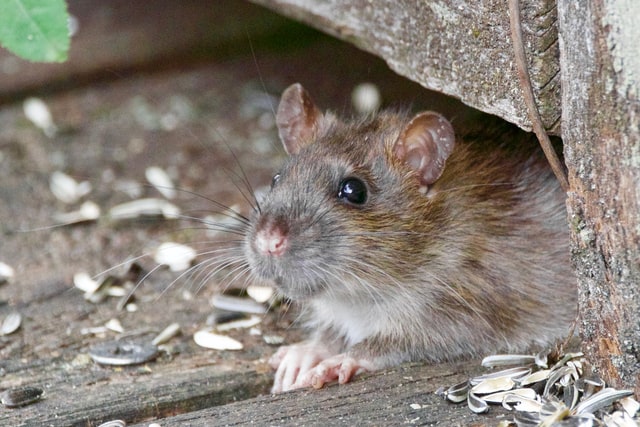
Clean Trash Bins Protect Against Harmful Bacteria
Irritating visits from your rodent neighbors isn’t even the real threat to unwashed trash bins. The bacteria, viruses, and maggots which follow are all the more reason to consider a trash bin cleaning service. The presence of bacteria in your trash is a no-brainer, but the biological dangers within it are of lesser knowledge. Salmonella, for example, is a poisonous bacteria carried by raw meat and eggs that causes fevers, headaches, nausea, and diarrhea. Other harmful bacteria such as E.Coli and Listeria can potentially spread to other areas of the home, and maggots are commonly seen when trash bins reach this level of grime. Rotting food leaves traces over time and is at the core of the maggot diet, which is why weekly trash bin cleaning is suggested.
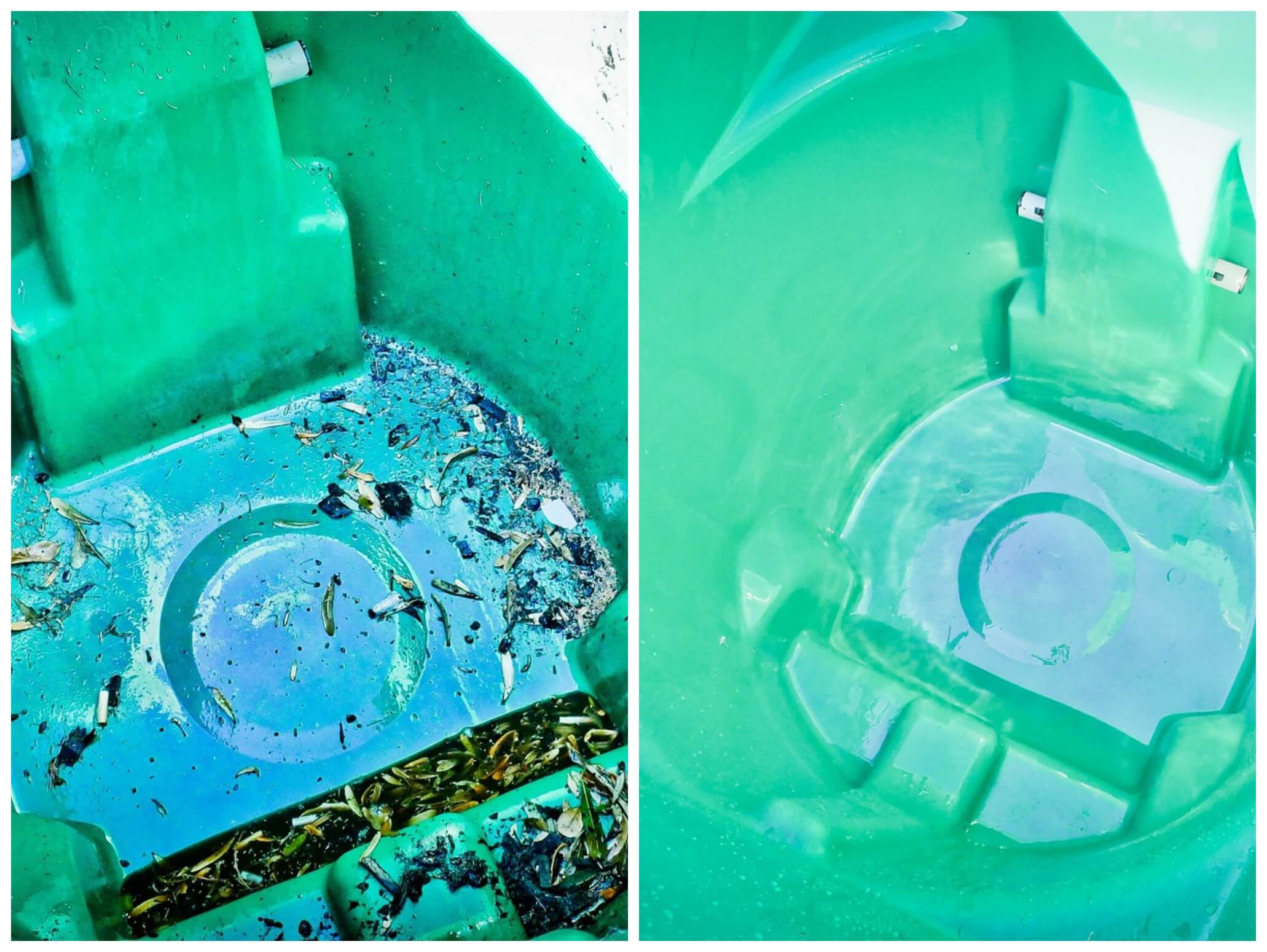
Keep Your Trash Cans Spotless with Ohana Bin Washing
To avoid the threats of trash animals, toxic bacteria or viruses associated with unclean trash cans, book an appointment with Ohana Bin Washing for service in Pflugerville, Hutto, Round Rock, or Manor, TX. Our services are split into four packages: one-time, monthly, bi-monthly, or quarterly. Upon booking your appointment, an Ohana Bin Washing representative will drive to your residence, business or otherwise establishment and clean your trash bins then and there. Once finished, our team will clean the area of garbage and promptly return your trash cans to their previous position. Keep yourself, your home, and your curbside clear of the annoyances attached to dirty trash bins by calling Ohana Bin Washing today.
